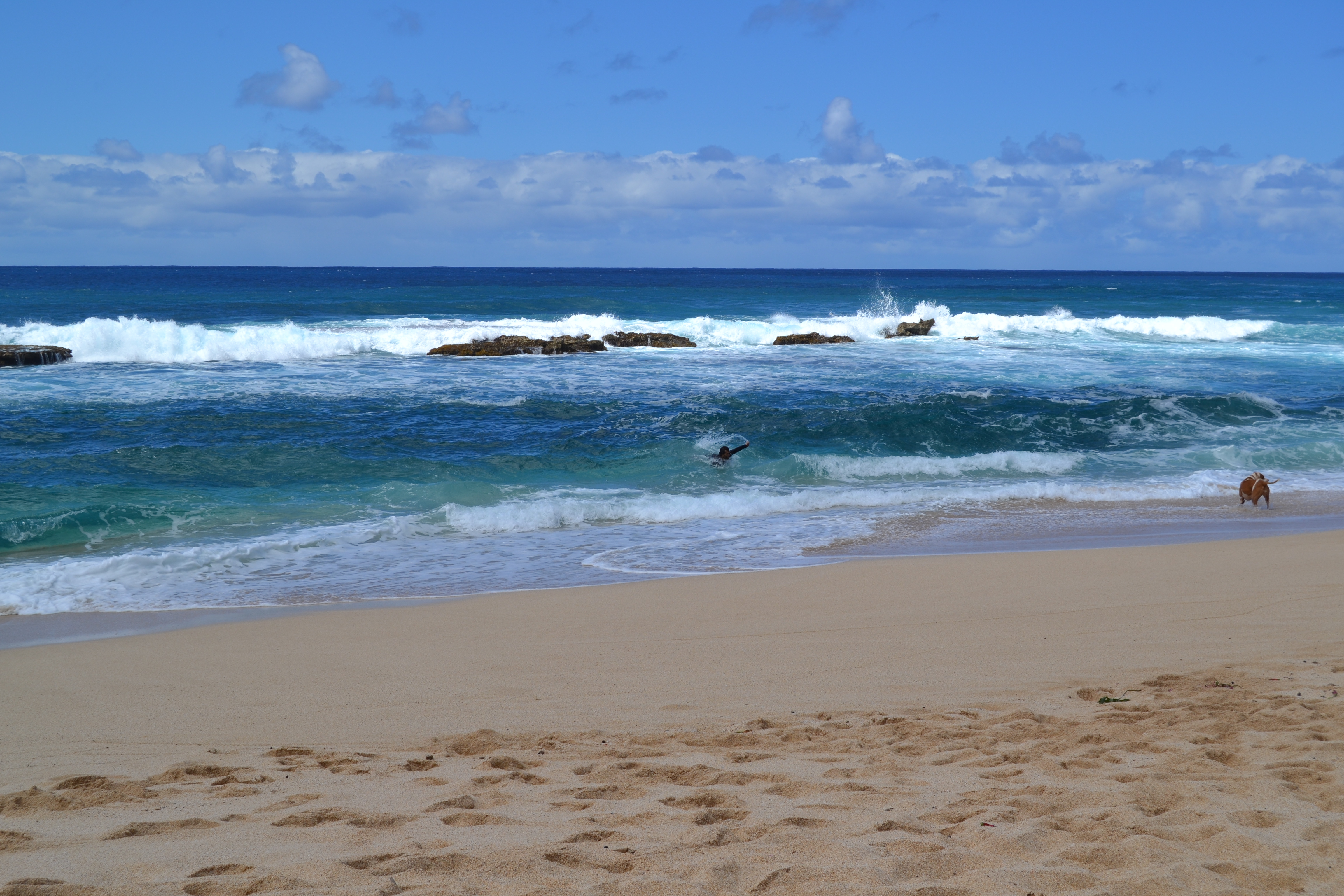Healthy Oceans, Healthy Planet

By Kelsey Holmes, Greenheart Club Program Assistant
Today is World Oceans Day! This year’s theme, “Healthy Oceans, Healthy Planet” emphasizes the impact that oceans have on our environment. Apart from being our biggest source of oxygen, oceans provide the planet with resources and ways to find alternatives to fossil fuel energy, along with serving as home to hundreds of species and providing thriving and diverse ecosystems for them. However, oceans are not immune to human activity, which is why raising awareness and campaigns like World Oceans Day are so important. Check out their campaigns to promote healthy oceans like the Better Bag Challenge and Wave for Change!
Oceans make up 70% of our planet (which means around half of the world’s population lives in coastal regions), are a valuable source of food and energy, and are a valuable contribution to the global economy. Additionally, oceans help to regulate our climate and provide the majority of our oxygen. As a global and shared resource, oceans are vital in maintaining a sustainable world. Unfortunately, the rate of overconsumption and the amount of waste currently produced by our global community severely harms this essential resource. Some dire predictions claim that if we continue “business as usual,” there will be more plastic than fish in the world’s oceans by 2050 – it’s up to us to make sure this does not happen. Ocean pollution is evident in our daily lives and is impacting us in more ways than we could imagine. Watch the Vice documentary here about the Texas-sized island of trash floating in the Pacific Ocean. Still not convinced? Check out this short video about ocean pollution below:
The Ocean Project is one organization that is a champion for the protection and preservation of the world’s oceans and works to advance ocean conservation working with aquariums, zoos, museums and other organizations across the globe. In addition to educating individuals about the world’s oceans, The Ocean Project seeks to understand the demographics they serve and provides strategies to actively engage community members. Read their findings on reaching the youth demographic and inspiring communities to action here.
Clearly, ocean pollution is a huge (but fixable!) problem. By maintaining awareness about the issue and taking steps to adjust our daily habits (like bringing reusable bags to the grocery store, avoiding purchases that involve heavy plastic packaging, and making safe and sustainable seafood choices) as members of the global community we can do our part to ensure that oceans are able to continue their life-sustaining processes for years to come. How are you doing your part to protect our oceans and our planet?